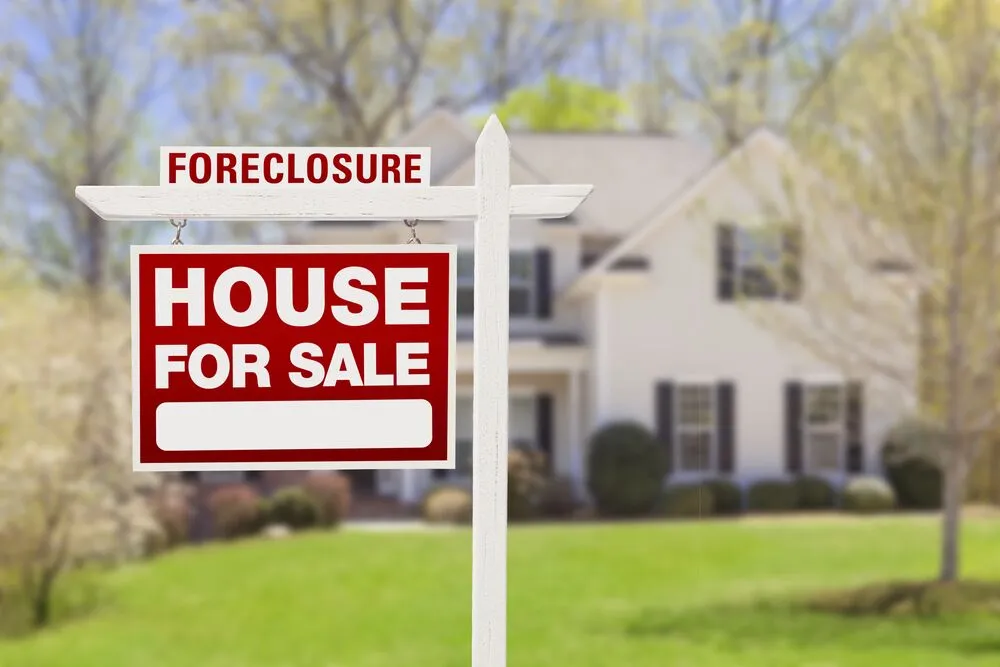Realistic Valuations for Foreclosure Property Sales
Foreclosure Appraisals are conducted when a property is in foreclosure, meaning the borrower has defaulted on the mortgage, and the lender is attempting to recover their investment by selling the property. The appraisal establishes the fair market value of the property so the lender can set a reasonable price to attract buyers. Foreclosure appraisals often involve properties in various states of disrepair, so the appraiser must account for the condition of the property, as well as the local real estate market. These appraisals help lenders, investors, and buyers make informed decisions about the value of the distressed property.
Why Are Foreclosure Appraisals Important?
When a homeowner defaults on their mortgage and enters foreclosure, the lender must assess the property’s market value to calculate potential losses, determine the viability of selling the home, and meet legal requirements. A foreclosure appraisal ensures the lender has a realistic, unbiased estimate of the home’s worth, which is essential for setting a minimum bid at auction, negotiating short sales, or listing the property for sale after repossession. This valuation also affects how much the lender may recoup from the foreclosure process.

The Foreclosure Appraisal Process
The foreclosure appraisal process is similar to a traditional one but requires a more nuanced approach due to the property’s condition and circumstances. The appraiser evaluates the property’s size, layout, location, condition, and recent comparable sales (comps). However, in foreclosure situations, properties may have deferred maintenance, vandalism, or lack of utilities—factors the appraiser must carefully document and reflect in the valuation. The appraiser may also be asked to complete multiple scenarios, such as:
As-Is value: What the property is worth in its current condition
Repaired value: What the property would be worth after necessary repairs
Liquidation value: What the property might fetch in a quick-sale or auction scenario
These different values help the lender or asset manager decide the best course of action.

Challenges of Foreclosure Appraisals
Foreclosure appraisals come with unique challenges. The property may be vacant, neglected, or inaccessible, which can make inspection difficult. Appraisers may have limited information about the interior condition and must rely on exterior inspections or public records. Market conditions can also be volatile in areas with high foreclosure activity, which affects comparable sales data and market trends. Despite these hurdles, a skilled appraiser can provide a well-supported estimate that reflects the property’s realistic market position.

Who Uses Foreclosure Appraisals?
Foreclosure appraisals are used by a variety of stakeholders, including:
Lenders and banks, to assess losses, plan sales, or approve loan write-offs
Mortgage servicers, to comply with regulatory guidelines
Real estate investors, to evaluate auction or REO (real estate owned) properties
Attorneys and courts, to determine property values in legal disputes
Government housing agencies, in federally backed foreclosure programs
Each party relies on accurate valuations to make informed, legally sound, and financially responsible decisions.

Conclusion
Foreclosure appraisals play a critical role in the financial and legal processes surrounding distressed properties. They provide lenders and stakeholders with a clear, objective understanding of what a property is truly worth—helping guide recovery, resale, and compliance strategies. While challenging, these appraisals ensure transparency and fairness during one of the most complex phases in real estate. Whether you’re a lender, investor, or legal professional, a reliable foreclosure appraisal is essential for minimizing losses and navigating the foreclosure process with confidence.
